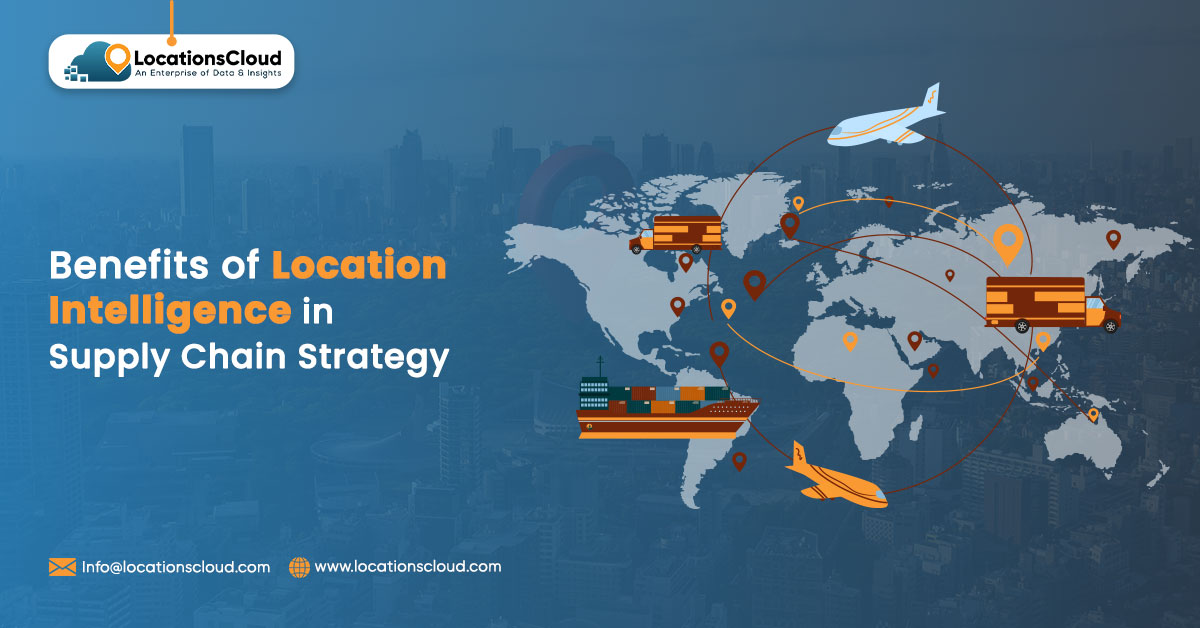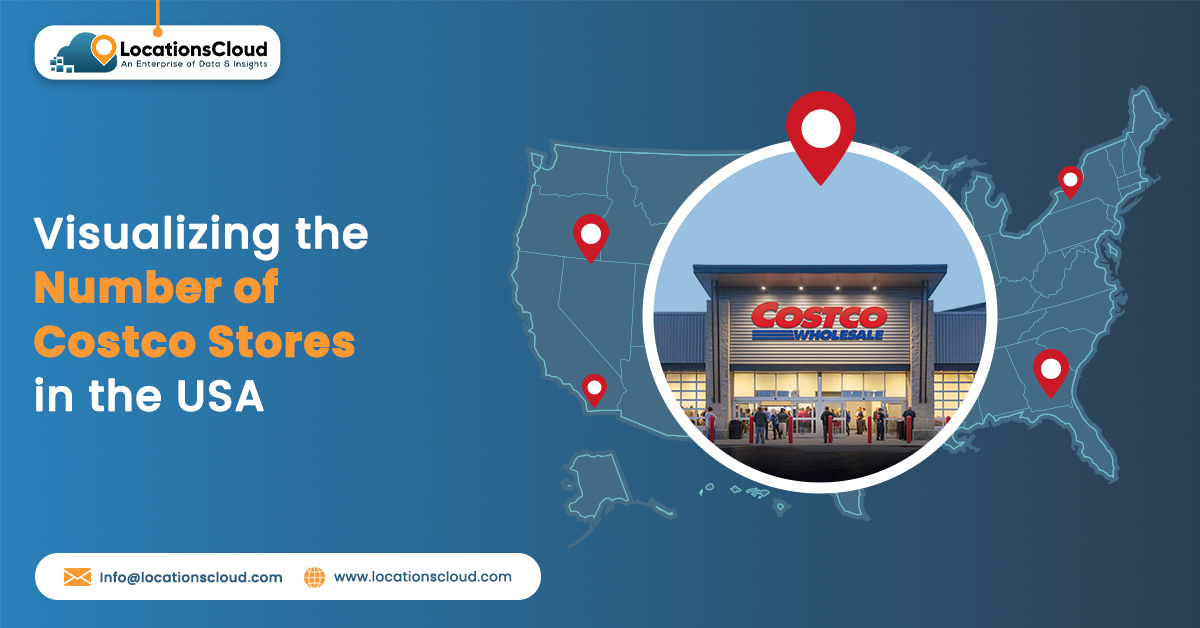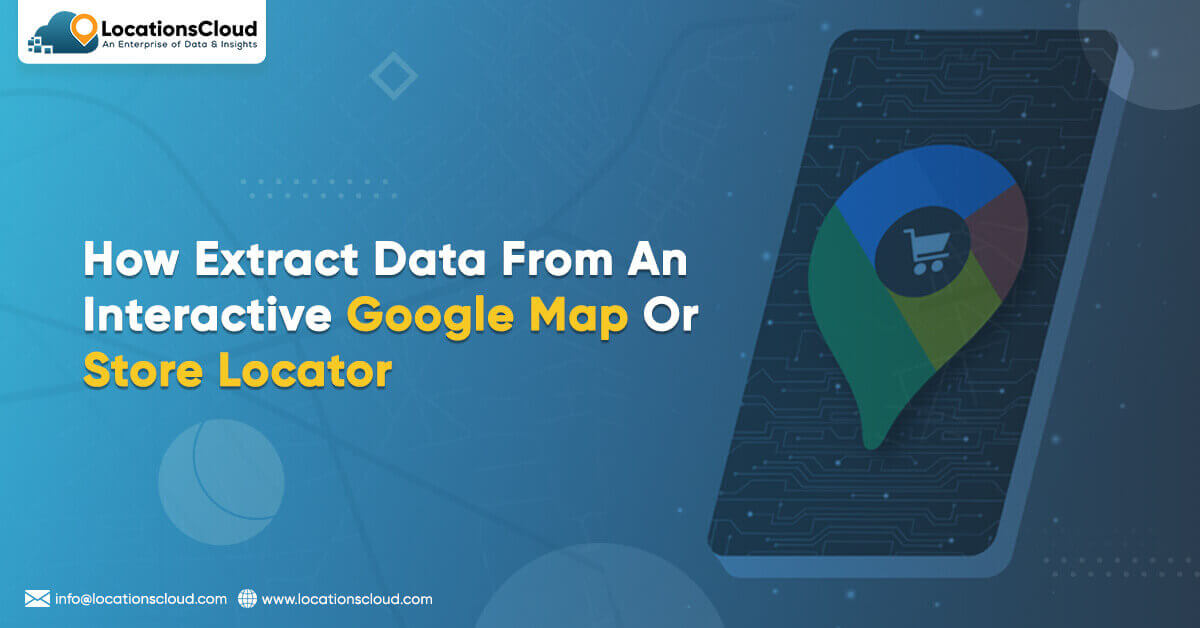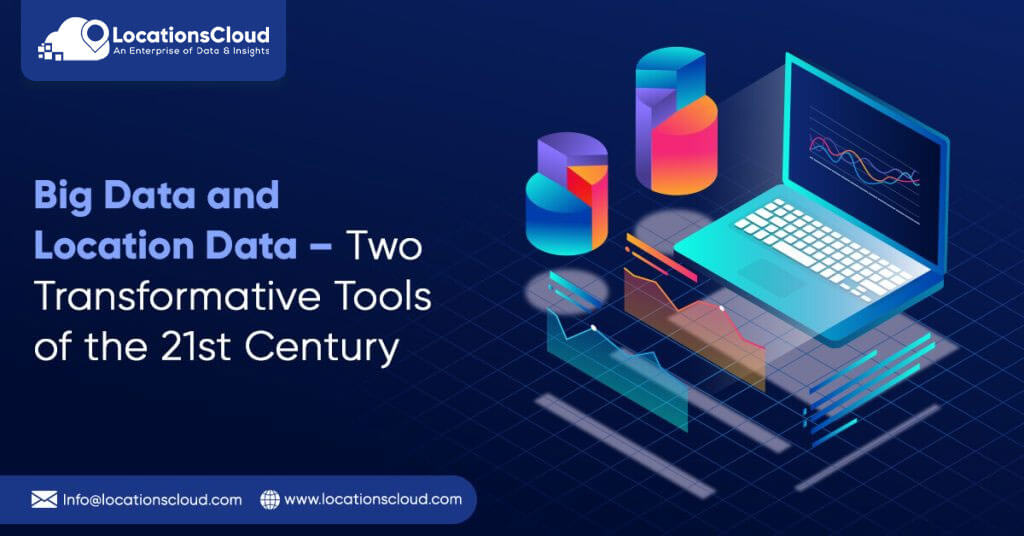
There is a geographical factor to the information that businesses gather. You might be surprised to learn that 80 percent of the info in the world has something to do with location, which businesses can use to make better decisions. Geography-based location data could help businesses of all sizes and types figure out where they should be.
A Brief on Location Intelligence
Simply put, location intelligence, also called LI, is getting answers to physical questions from location data. Location intelligence is built on both visual data analysis and geographic data analysis. The latter makes it easier to understand important questions about space, time, maps, people, social problems, and business. It also helps answer those questions and make predictions about them.
Organizations often use GIS technology and build location intelligence in the modern world.
Location intelligence can change everything because it lets you add layers of geographical information to a database, making it more metric-based and clear.
How Location Intelligence Can Be Used In Different Stores
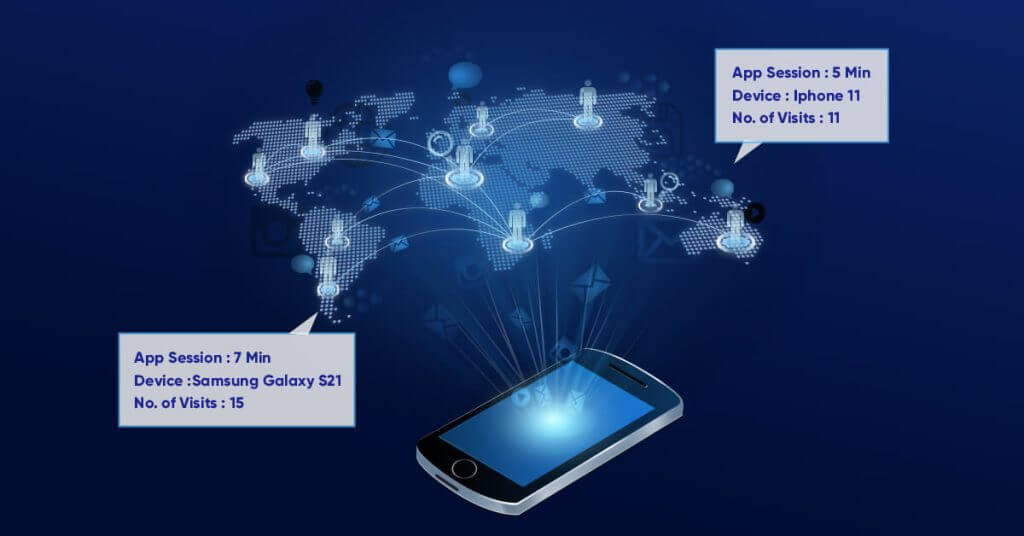
There are many ways to use LI in shopping, such as:
Retail Sector
In the retail industry, location data can be used to track how many people visit different stores and send messages to the right people. Location information could help companies improve their online and in-store customer service.
Pharmacy
I can help drug stores plan their stores’ locations and handle their supply chains.
Logistics & Transport
I can also help transportation and logistics companies analyze traffic and plan better routes for field service agents.
Quick Service Restaurants (QSR)
Quick-service restaurants (QSR) can determine how customers feel at each site. So, they can compare the results of each outlet to get a better return on investment (ROI). LI analytics can help quick-service restaurants (QSRs) determine patterns and trends in how customers act across multiple sites. This lets them give customers a great experience.
Big Data’s Impact on Business – Five Important Points
1. Improved Business Intelligence
Business intelligence is a set of tools businesses can use to get better information. Big data and it goes together. Business intelligence can be used by any business that makes data, and it’s rare to find a business that doesn’t make any data.
2. Competitor Analysis
Today, it’s essential for your business to stay ahead of its competitors, and the best way to do that is to do a study on them. Big data is a great way to do a foolproof competitor analysis and make better business choices.
3. More Targeted Marketing
Big data is thirdly changing companies by making marketing more efficient. For example, big data can give a lot of information about what people have bought, why they bought it, etc. Big data lets businesses discover important things about their customers’ activities, which can be used to make great marketing efforts.
4. Proactive Customer Service
In the 21st century, the customer is the only true business king. If you know how your target customers feel about your products, their prices, discounts, shipping policies, etc., you can make better choices and do more to make your customers happy. You can find out what your customers want useful using location data and “big data.”
5. Fraud Detection
Big data could also change the IT and defense fields in a big way. IT and cybersecurity experts, for example, can use big data to predict threats and weaknesses ahead of time and avoid data breaches. In addition to information taken from mobile devices and computers, big data includes information from cloud systems, sensors, smart devices, and other sources. All of this information is used to spot problems before they happen. When it comes to cyber security, some of the things that big data can do are find zero-day attacks, share data between threat monitoring systems, take samples, and more.
Using Big Data in Your Business: Dos and Don’ts
Some things you should and shouldn’t do with big data are:
Do’s
- Know what you want to achieve and where you want to start. Start by thinking about how big data could be used, then think about how much it will cost to implement, how it will affect your business in the future, and how long it will take to see results.
- Use software and other tools to keep your info safe.
- Set up a mindset of working together.
- Choose your big data technology carefully, and make sure your data centers are dependable, safe, and scalable.
Don’ts
- Don’t use too much info, and try to make the way you use it more efficient. Use data that fits the needs of your business right now and use only a few necessary measures.
- Try to do only some things at a time. Instead, pick one business goal you want to reach and use big data to find a way.
- Remember to value how important security is. When you use big data for your business, privacy should be your top concern rather than something you can do if you want to.
The Future of Big Data and Location Intelligence
Location data and big data will likely be around for a long time. We can expect artificial intelligence to be a big part of LI’s development. As businesses become more organized, advanced AI can help streamline and automate different chores and responsibilities. We can also expect Geo AI to be used everywhere in the next five years. As AI moves from being able to do only one thing to do many things using Location Intelligence and decision-making, it will be used in more and more businesses.
Conclusion
That’s a quick summary of how big data and location data affect the world. As the world gets easier to automate, we expect location and big data to work together to change how private and public businesses work.
